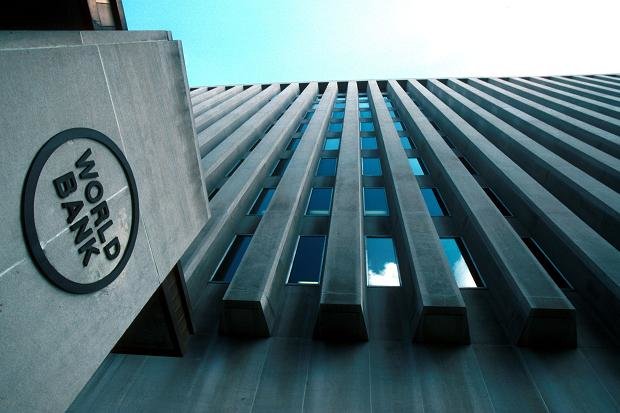The World Bank, a promoter and creator of neoliberal policies that in the past decades have influenced the finances in almost every country, acknowledged the disadvantage of the lower income populations against the inclemency of climate.
According to the report, the poor are more exposed than the average population to environmental disturbances such as floods, droughts and heat waves, and when they are affected, they lose a higher share of their wealth.
The document says climate change might cause losses in global crop yields of up to five percent by year 2030 and of up to 30 percent by year 2080.
According to the study, the impact of climate change on food prices in Africa, the worst-hit region, might reach 12 percent by year 2040, and 70 percent in 75 years.
It will be impossible to put an end to poverty unless we take firm steps to reduce the threat of climate change and radically cut greenhouse gas emissions, warned the president of the World Bank, Jim Yong Kim.
He insisted on protecting the tens of millions of people risking extreme poverty due to atmospheric disturbances and warned of the delicate situation of countries in Africa and South East Asia.
On behalf of the WB, Jim proposed a series of measures oriented to strengthen the networks of social security, universal health care coverage, improve the defenses in case of floods, and cutting greenhouse gas emissions.
According to the WB, the number of people living on less than 1.90 USD a day will be over 700 million by the end of this year, which means more than 7.5 percent of the global population.
hr/rma/rc/crc/bhq
PL-/MNA
























Your Comment